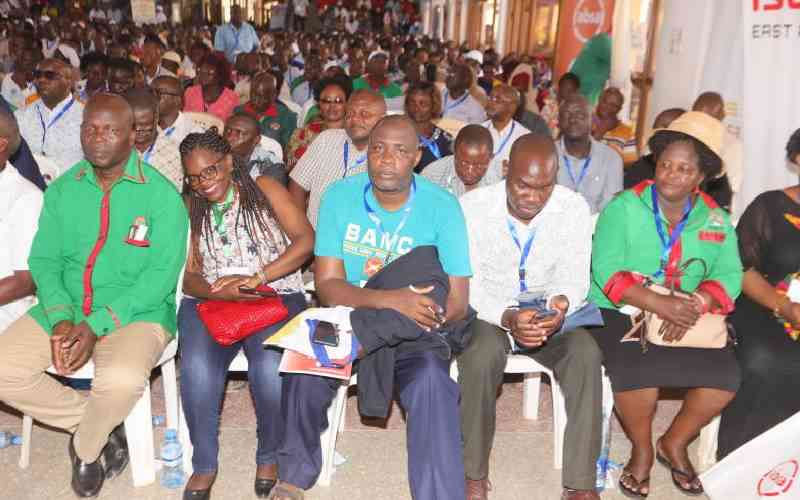×
The Standard e-Paper
Stay Informed, Even Offline

More than 3,000 school heads who are in acting capacity will soon have a reason to smile, as the employer plans to provide compensation for their roles amid job stagnation undertones among teachers.
In a presentation to the Education Committee in parliament, the Teachers Service Commission (TSC) indicated that it has finalised negotiations with the Salaries and Remuneration Commission (SRC) and is exploring a budget line to pay such teachers a special duty allowance.